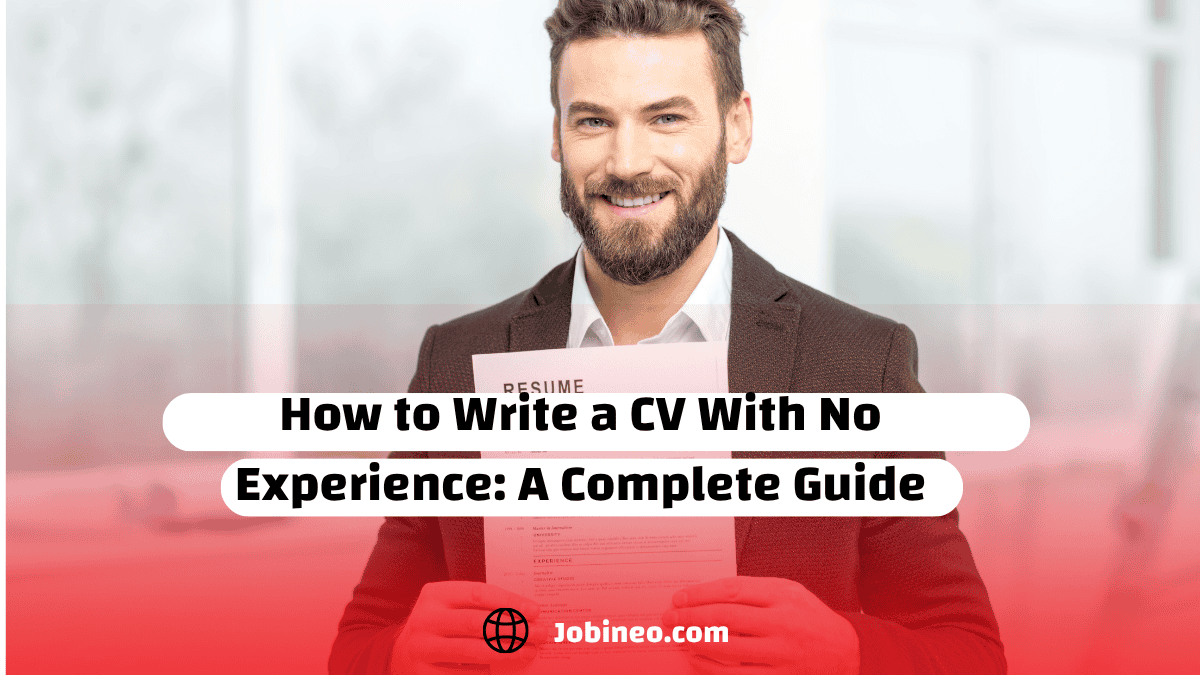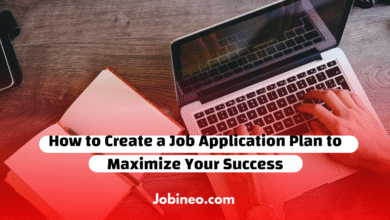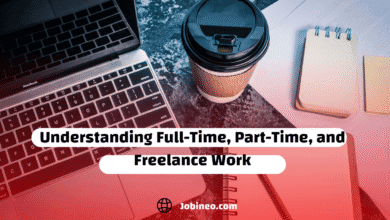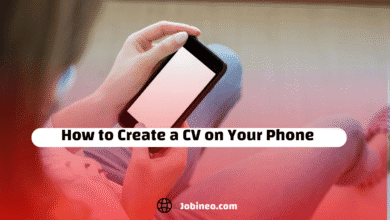Beginner’s Guide to Writing a Professional CV That Gets Interviews

A friend of mine, Leila, once told me she almost skipped applying for her first internship because she felt she had nothing worth putting on a CV. She believed employers only cared about long job histories. The truth is, everyone starts somewhere. Even without formal work experience, you can create a CV that shows your skills, education, and potential.
Your first CV does not need to be perfect. What matters most is presenting yourself with honesty and confidence.
Why Your First CV Matters
Your CV is more than just a list of past activities. It is your personal marketing tool. Employers are not only looking for what you have already done but also for what you could bring to their team in the future. A well-written CV highlights your ability to learn, adapt, and contribute, even if you are just beginning your career journey.
Instead of worrying about what you lack, shine a light on your strengths and achievements, no matter how small they may seem.
Key Sections Every CV Should Include
Even without professional experience, your CV should look clear and professional. These sections will help structure it:
- Contact Information. Your name, phone number, professional email, and if available, your LinkedIn profile.
- Personal Statement, A short summary that highlights your strengths, motivation, and career goals.
- Education. Degrees, certifications, or relevant coursework that add credibility.
- Skills. Both technical skills like computer knowledge and soft skills such as teamwork or communication.
- Projects and Volunteering. Activities that show initiative, problem-solving, or leadership qualities.
- Optional Sections. Awards, hobbies, or languages that add value and personality.
Making Education Work for You
When you lack work experience, your education becomes one of your strongest assets. List your degree or diploma clearly, and if possible, include relevant coursework or achievements. For example, highlight a research project, group presentation, or academic award that demonstrates effort and ability.
Highlighting Transferable Skills
Employers often look beyond direct experience and pay attention to transferable skills. These are abilities you can apply to different roles and industries. You might already have developed them through school, part-time jobs, or personal projects.
Some valuable skills to showcase include:
- Communication, such as writing reports or giving presentations
- Teamwork, from group projects or extracurricular activities
- Problem-solving, by finding creative solutions in academic or personal tasks
- Digital literacy, such as using spreadsheets, coding basics, or managing social media
- Time management, from balancing studies, activities, and personal commitments
Projects and Volunteering Matter Too
Employers do not only value paid jobs. Projects, internships, volunteer work, or even personal initiatives can be just as powerful. If you created something, organized an event, or contributed to a community activity, it deserves a place on your CV.
For instance, helping organize a school fair, running a social media page for a club, or assisting with a local charity project shows responsibility and initiative. These experiences demonstrate qualities employers truly value.
Keeping Your CV Clear and Professional
A simple and clean presentation makes your CV easy to read. Use a professional font, keep the layout neat, and divide sections with clear headings. Avoid heavy designs or distracting graphics. Short, clear points are more effective than long paragraphs.
Think of your CV as a snapshot of who you are. It should be quick to read but memorable enough to make an impression.
A Personal Insight
In my experience, the candidates who stand out are not always the ones with the longest list of experiences. They are the ones who present their story clearly and confidently. For example, one graduate landed a role at a creative agency not because of previous jobs, but because she highlighted her leadership role in a student club and explained the results she achieved.
This shows that employers value potential just as much as experience.
Final Thoughts
Writing your first CV is not about pretending to be someone you are not. It is about recognizing your strengths and showing them with confidence. Employers know you are at the beginning of your career. What they want to see is motivation, potential, and a willingness to learn.
Do not wait until you think you have enough experience. Start today. Your CV is not just a document—it is the first step toward building your career story.








